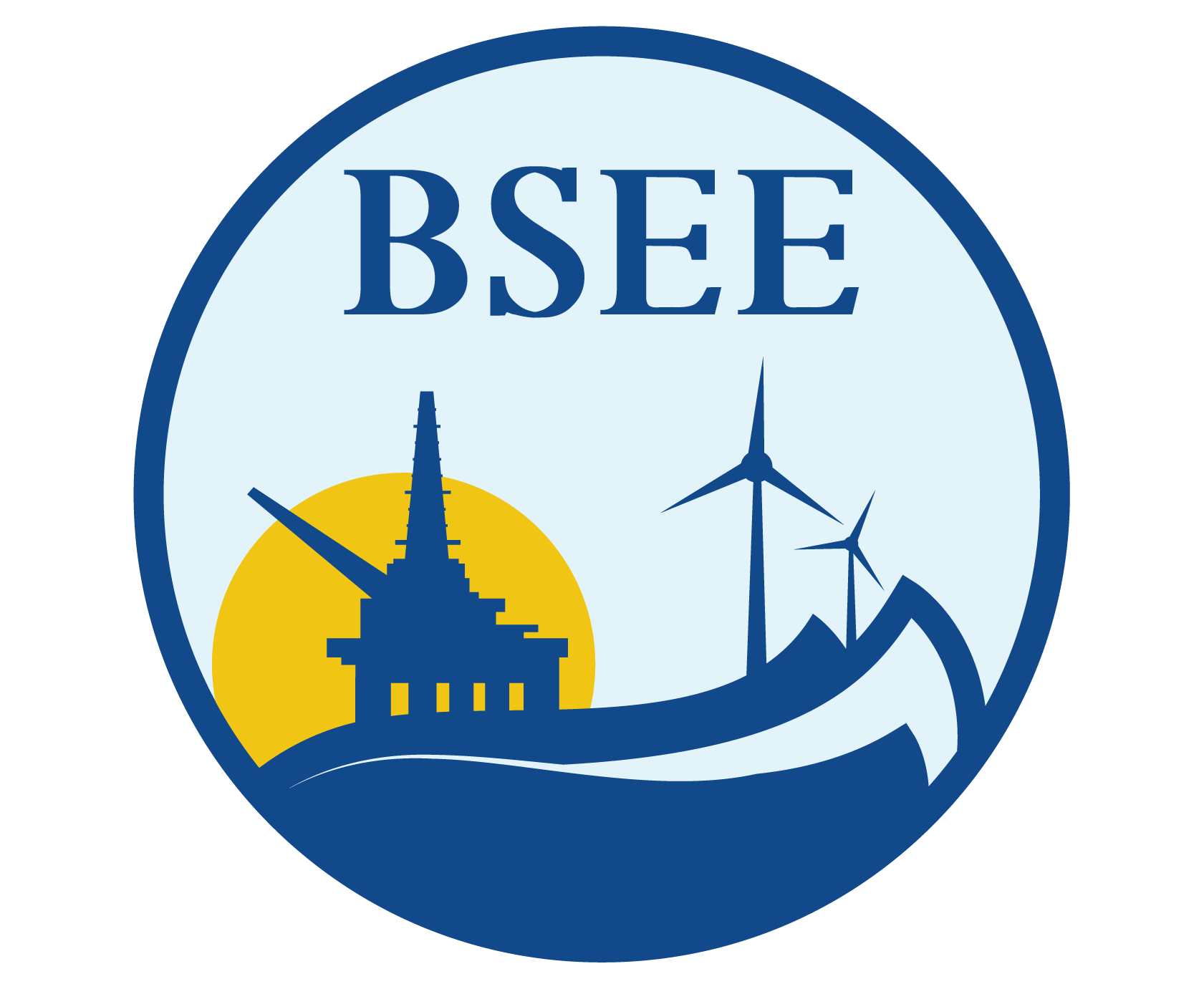The Minerals Management Service (MMS) has awarded a $276,000 grant through the Coastal Impact Assistance Program (CIAP) to Mississippi’s Department of Marine Resources to build a new Marine Education Center in Ocean Springs, Mississippi. This is the first CIAP grant to be awarded since the state’s overall plan was approved in February 2009.
The CIAP was created by the Energy Policy Act of 2005. Through the program, MMS will provide $250 million in grants annually, from 2007-2010, to six eligible Outer
Continental Shelf oil and gas producing states – Mississippi, Louisiana, Alabama, Alaska, California and Texas. The funding to Mississippi included $30.9 million for each of the fiscal years 2007 and 2008 and $23.8 million for each of the fiscal years 2009 and 2010. Three Coastal Political Subdivisions (counties) are eligible to share the funding of projects outlined in the state’s approved plan.
Funding from the grant will allow the proposed center to be constructed at the 224-acre Cedar Point Campus of the University of Southern Mississippi’s Gulf Coast Research Center complex. Cedar Point is a slightly elevated cape infrastructure within Ocean Springs, which is located on the eastern gulf coast of Mississippi in Jackson County, about two miles east of Biloxi.
'MMS is proud to partner with Mississippi in its coastal conservation, education, and wildlife protection efforts,' said MMS acting Director Walter Cruickshank. 'MMS is committed through the Coastal Impact Assistance Program to support our state partners with important public projects like this Marine Education Center in Ocean Springs.'
The new education center is expected to have a strong impact on researchers, students, educators, and the visiting general public. Among its many planned functions, the center will enable implementation of hands-on educational activities enhancing the relevance of coastal research; contribute to the restoration, conservation, and protection of fish and wildlife resources in the Gulf of Mexico region; and promote awareness of marine life and aquatic habitats to the public. The center will also feature exhibits of living and static marine and coastal wildlife using the latest graphics technologies and environmental demonstrations within the facility’s structured educational programs.
The new Marine Education Center will also initiate a structured feedback assessment program to determine the impact of the facility and its exhibits, programs, and activities on selected visitors and program participants; and to educate them on conservation practices and coastal restoration issues.
Contact:
Nicholas Pardi (202) 208-7746
